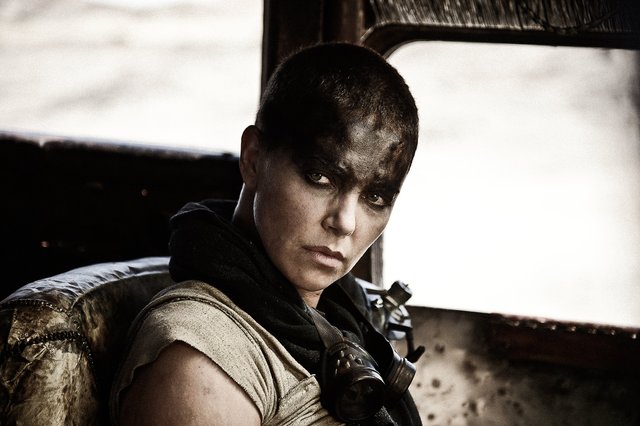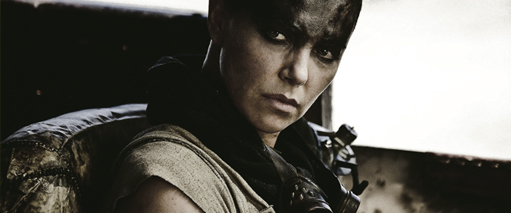Shiny And Chrome: The Top 10 Films Of 2015
The Top 10 Films Of 2015


Inside Out

Ex Machina

Mistress America

Latest Article|September 3, 2020|Free
::Making Grown Men Cry Since 1992


Inside Out

Ex Machina

Mistress America
